Note from Brussels – The proposals for a new settlement for the UK within the EU.
The President of the EU Council has written to heads of state and government with his proposals for a new settlement for the UK within the EU. They are the outcome of intense diplomacy between the UK, the EU institutions and fellow member states.
Mr Tusk’s proposals address the four areas in the UK’s current membership terms which the British Prime Minister highlighted as in need of reform.
In broader terms the draft deal represents a compromise, which includes the following:
-The right to ban EU citizens from claiming in-work benefits as soon as they move to the UK. The ban can last up to 4 years and it can be triggered only when extraordinary circumstances occur.The UK (or any other member state) will also have the right to restrict free movement in case “the conduct of an individual poses a present threat to public policy or security”.
-A mechanism to “facilitate the coexistence” of euro and non-euro countries within the single market. This does not constitute a veto but allows the UK (or a group of non-eurozone EU member states) to request that legislative proposals which cover the Eurozone but affect the single market be escalated for political discussion at the European Council.
-The recognition that the EU is a multi-currency union.
-An opt out from “ever closer union” and a recognition that the UK “is not committed to further political integration into the EU”.
-A commitment to increase efforts to enhance competitiveness and an annual audit of EU regulation to reduce red tape and minimise unnecessary EU level interventions.
-A right for national parliaments to block EU legislative proposals, as long as 55% support such a move.
Whereas the exact details, especially with regards to the “emergency breaks” on EU migration and Eurozone governance, are yet to be finalised ahead (or even during) the February European Council, the Tusk letter provides a solid basis for Cameron. It gives him the opportunity to present this as a “victory” and claim that he won concessions that will reshape the UK’s relationship with the EU, even though these concessions might appear unnecessary (there is little evidence that changes to welfare rules will reduce migration to the UK, as research shows that claiming benefits is not the reason EU citizens move to Britain).
It remains to be seen whether Mr Cameron’s Conservative party, the British media and, ultimately, British public opinion will be persuaded. It is worth noting that most of the British press, especially the Eurosceptic tabloid papers, have reacted negatively to the draft deal. But, following what I am sure will be a climatic EU Summit in two weeks’ time, I think Mr Cameron will be able to go back home and say ‘I slayed the dragon’. That’s something that is considered crucial among many pollsters because research has shown that most undecided voters are likely to support the PM’s recommendation to remain in the EU if he is seen to have achieved a good deal in his renegotiation.
Having said that, one must not forget that the renegotiation and its outcome does not feature on the ballot paper. The British people will be asked whether they want to leave or remain in the EU. For the referendum to be won the case for EU membership needs to be made, with conviction and rigour. Simply accentuating the concessions and exemptions Mr Cameron won won’t be enough to persuade people of the merits of EU membership.
Whether what Mr Cameron has secured will strengthen the UK’s place in the EU or make the EU a more efficient and effective organisation, I am not sure about. Ultimately, a member’s place in a club depends on its attitude, its involvement and its wish to assume a leading role, not on a set of legal guarantees, exemptions and safeguards. The UK can be a leader in the EU. But I do not think Mr Cameron’s renegotiation and the EU referendum is about that.
Petros Fassoulas
Secretary General
European Movement International



